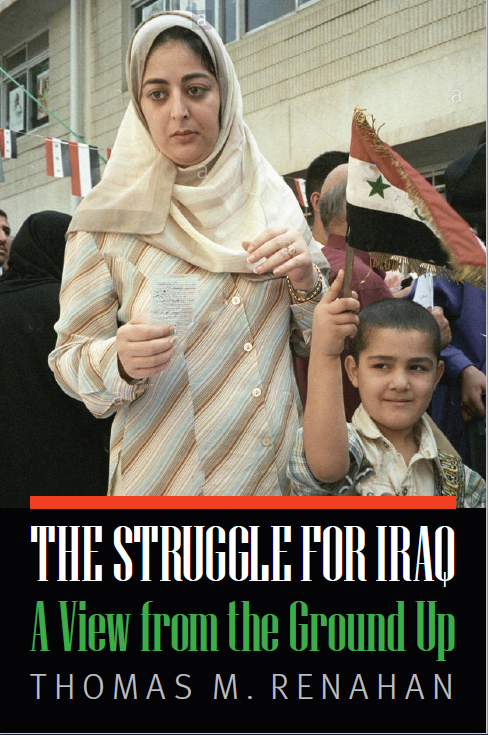Cumhuriyet article November 17, 2015
The Tale of Two Mosques
Said, who was a Daesh intelligence commander in the Syrian city of Al-Bab, explained how they got militants into Syria through Turkey,
Daesh’s relations with Turkish intelligence, Daesh’s intelligence sources and various other things. I asked Said, “Is Daesh still able to pass its people through Turkey? Or has that stopped entirely?” He replied, “I know it’s not like it used to be. For a long time there was an ‘open border policy’, as the Turks also said (smiling). Now the Kurds have taken Tal Abyad in any case. It is only possible for them to get their people in from the Kilis side.
Al-Nusra (Al-Qaeda) and Daesh. They are continuing with the business of transferring people from Kilis to Syria. In fact, there are two mosques in Kilis (Even though I asked their names, he didn’t want to give them and said, “I don’t know.”) One of them is used for those going to Al-Qaeda and the other for those going to Daesh. Both groups’ representatives are stationed at these two mosques. Fighters are still crossing into Syria from these mosques. It is not a very difficult thing to find people who will work for Daesh on the border. And their numbers are pretty large. There are both sympathizers and those who actually do the work. I don’t think these people can easily be eliminated overnight. (The interview took place in the final days of October so the situation with the mosques was that prior to Paris).
Close cooperation on Kobane. Said said that Turkish intelligence cooperated well with Daesh during the Kobane battle. “We had no difficulty or problem with Turkish intelligence,” he added. One of the interesting examples Said gave of the relations with Turkey was, “Some of the militants we hosted in our town on their way to Kobane passed by us again because they were injured or for other reasons. One of them showed me on his phone the photos they had taken during the siege of Kobane. They were eating McDonalds hamburgers. He also understood the absurdity of that photo. We both started to roar with laughter. When I asked, ‘Where did you get them?’ he said, laughing, ‘Turkish intelligence.’ Actually, there was no need to ask. There is no McDonalds outlet in Kobane, not in the rest of Syria. Who could have served that food? Of course, the only possibility is Turkish intelligence. I can say that Turkish intelligence provided every kind of logistic support for a long time, including McDonalds.”
Technical intelligence is very strong. Said, who served as a Daesh intelligence commander for eleven months in Al-Bab says, “Daesh’s strongest branch is intelligence,” and adds, “In the regions, they are essentially in power and in charge. It is like they are untouchable. The city police and other soldiers bow to them. They know what is going on in towns and they are the Daesh regime’s eyes, ears and strongest actors. They have units that closely monitor communications, not just security and human intelligence. They have made a kind of investment in technical intelligence. Even we were aware that everything we wrote on our computers and telephones, all of our communications and messages, were being monitored by somebody, and we acted accordingly.”
A Turkish intelligence Daesh commander. Said alleged that Daesh’s commander in the town of Al-Rai on the Syrian-Turkish border came from Turkish intelligence. It was impossible for him to know if this person had entirely broken off from Turkish intelligence but he stressed that no obstacle was perceived to his becoming a Daesh commander. Said also said he estimated that a number of people in Daesh were in close relations with Turkish intelligence.
Daesh members holidaying in Turkey. Said, saying that Daesh group leaders spoke of those to their north as if they were allies, stated, “The Turkish side knows very well who we are. Turkish intelligence used to treat Daesh members very well. Quite a few Daesh leaders got away from the military conflict and went on holiday to various cities in Turkey. The most frequent visits were made to Istanbul and Ankara. Nothing stood in the way of them making these trips. In the eleven-month period I spent in Al-Bab, I never saw any enmity directed towards Turkey. I went to Raqqa and I lived in Aleppo. Virtually all of the foodstuffs in these areas were from Turkey.”
Haircuts in ambulances. When I asked Said to give other examples of the assistance coming from Turkey, he continued, “For years, thousands of Daesh militants were regularly treated in Turkey free of charge. This was the greatest help that could have been given, anyhow. Wounded Daesh militants had their beards shaved off and were given haircuts in the ambulances taking them to Turkish hospitals so that Turkish doctors or people would not realize that Syrian radical Islamists were being treated.
Militants were exchanged for the consul. Said, recounted that when Daesh took Mosul, and took the Turkish consul and other Turkish citizens there prisoner, in just one day dozens of Daesh militants who had been captured by various groups of the Free Syrian Army in north Syria were transferred to Turkey. He said “They were looked after very well. Their spirits were boosted. They were told they would be released. These militants were then exchanged by Turkey as part of the bargain struck to free the Turkish consulate staff and their families.”
Absolutely everyone in the Daesh Turkish brigade died. Said recounted in the course of our interview that there was at one time in Daesh a brigade made up of 100-110 militants known in Arabic as ‘khatibah,’ consisting solely of Turks. He says that almost all of the Turkish militants come from Ankara but leaves my question “From Hacıbayram?” unanswered. He talks of how the village “Abla” nine kilometers from the town of Al-Bab was called the “Turkish village” on account of it being filled almost entirely with Turkish fighters at that time. Only two or three from the brigade that joined the Kobane battle survived the siege. Said said, “The Turkish village was abandoned after nearly all the Turkish fighters died and it turned into a deserted island.” He says that, since the Turkish brigade, the Daesh leaders have vetoed requests for the formation of new brigades based on ethnic identity.
Suicide bombers are shut into a room. I also asked Said if there were suicide bombers in his own unit. One of his memories is, “One day I was in training with the soldiers. We were holding a meeting. Then another Daesh official who I didn’t know came from another region and said he wanted to ask the class a question. He said they needed suicide bombers, and asked for volunteers. One person put up his hand. They took that guy.” Said intimated that they shut all of the people who volunteer to be suicide bombers into special sections of houses or camps where there are radical preachers, and expose them to propaganda until the time of their suicide bombing so they don’t change their minds.


